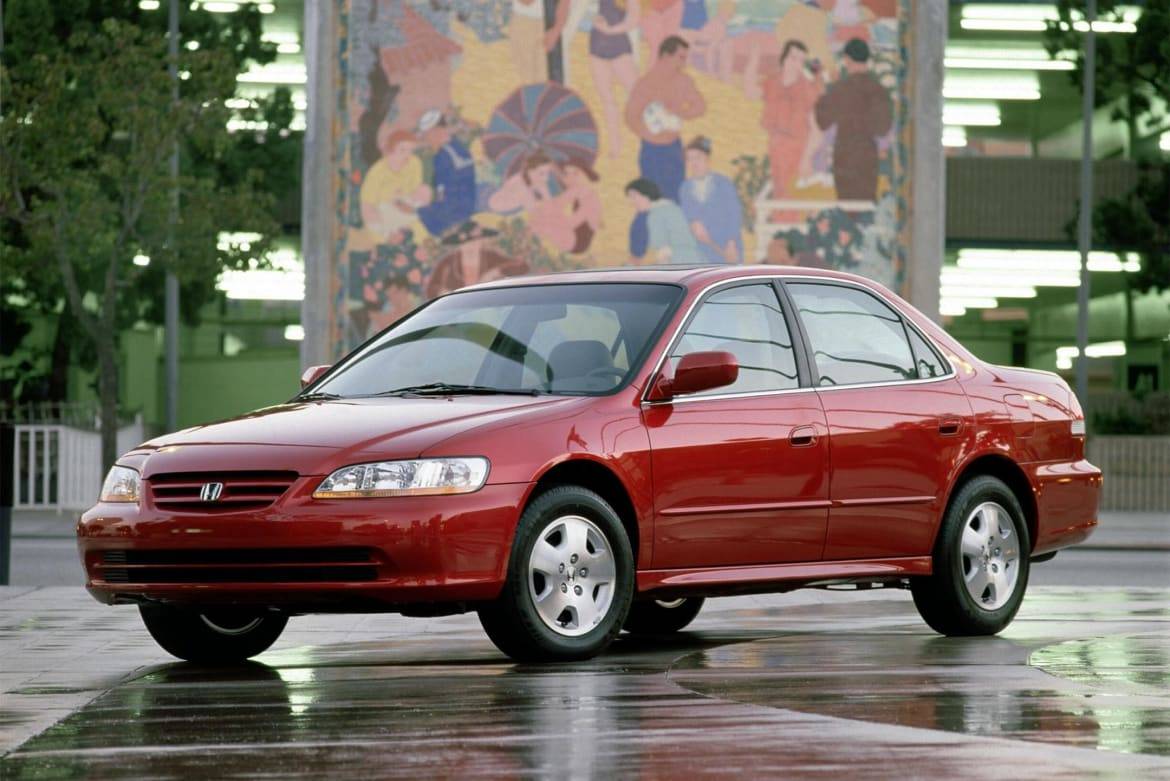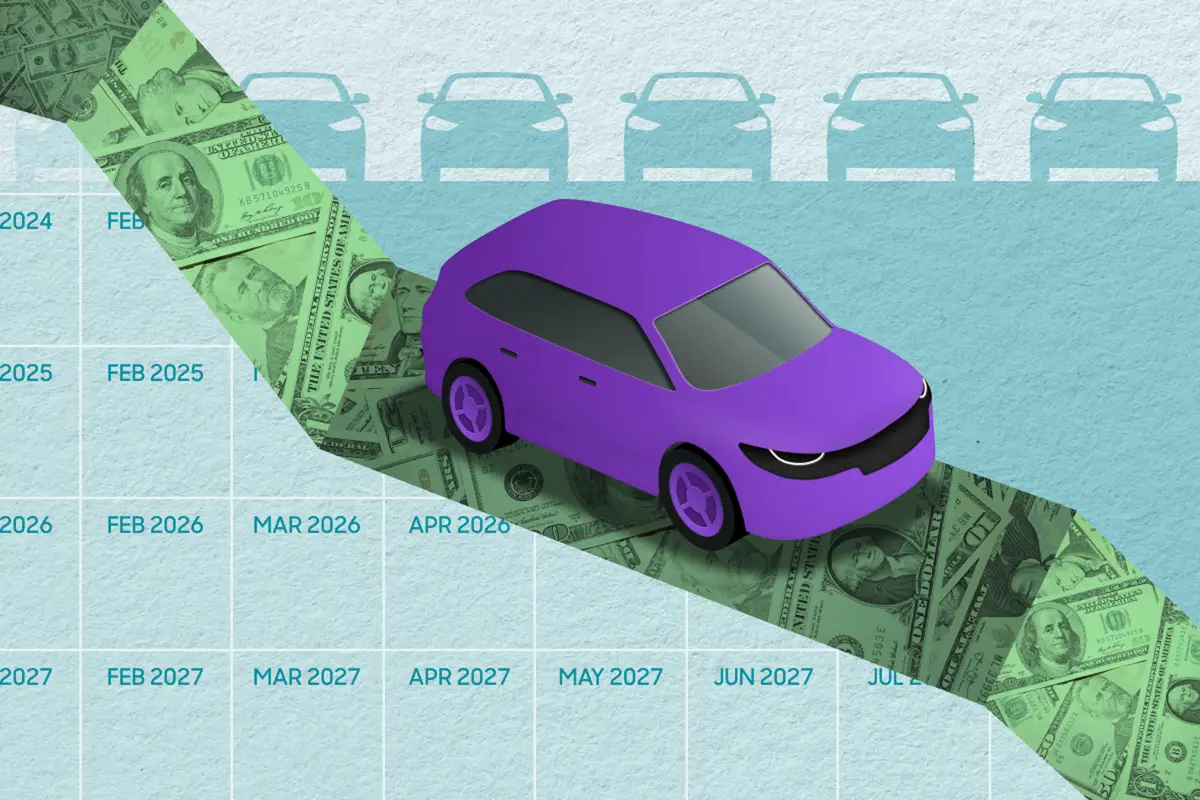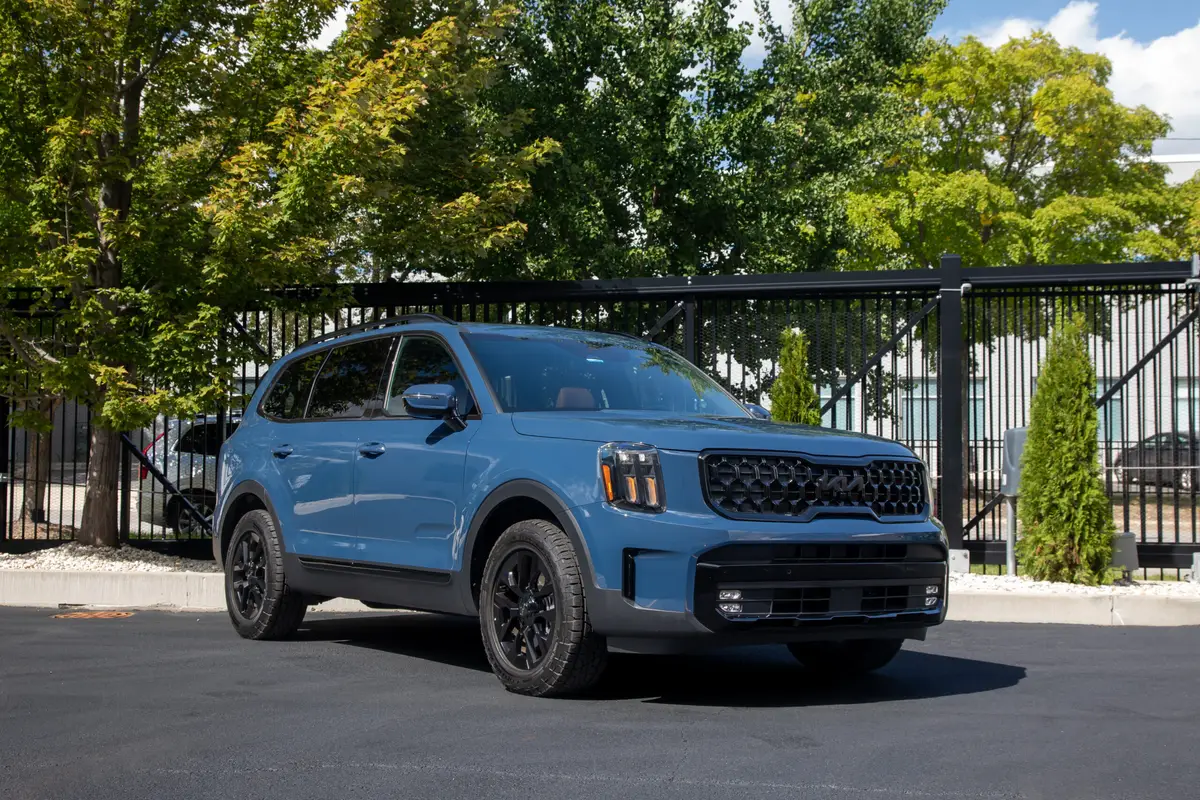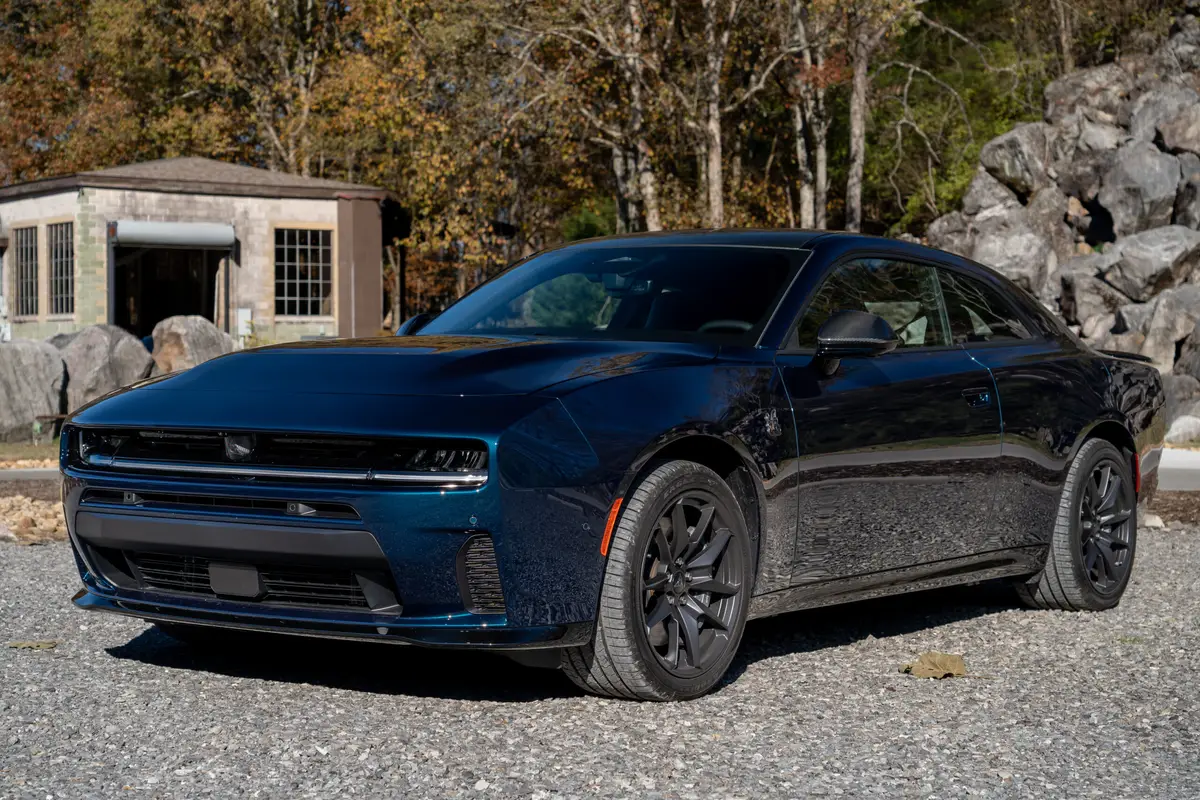Takata Recalls New Type of Inflator as 12th U.S. Death Confirmed


CARS.COM — Honda has confirmed a death in Florida was related to a Takata airbag-inflator rupture in a 2001 Accord being repaired at a residence. The news came as Takata recalled 2.7 million inflators of a different type from the ones already identified in its massive ongoing airbag recall — ones with an additive designed to ensure safety.
Related: Takata Files for Bankruptcy, Recall Repairs to Continue
The death brings Takata-linked fatalities in the U.S. to 12, with 11 occurring in Hondas. There have been 17 deaths and more than 180 injuries worldwide linked to Takata inflators. Their ammonium-nitrate propellant can degrade over time from exposure to heat and humidity, and explode with too much force, rupturing the inflator and spewing metal shards into the cabin.
An 81-year-old man, not the Accord’s owner, was making a repair to the car’s interior using a hammer on June 18, 2016, according to Honda. The ignition was in the On position, leaving the airbags activated. They went off and the driver-side inflator ruptured, Honda said.
The Accord was among the 2001-03 Honda and Acura vehicles with inflators the National Highway Traffic Safety Administration has identified as riskiest. The incident also highlights problems with getting recall repairs done on older vehicles. Honda said this Accord has been included in multiple recalls, with a dozen notices sent over seven years to registered owners, but there is no record of repairs being completed.
Honda emphasized that it has enough replacement inflators to repair all its vehicles under Takata recalls, and that owners can check their Honda for recalls here and Acuras here, or call customer service at 888-234-2138.
New Takata Recall
The confirmation of the death came as Takata announced a recall of 2.7 million older-generation inflators with a desiccant, or drying agent, that was intended to prevent the degradation problem with ammonium-sulfate propellant. All non-desiccated Takata inflators already are part of the massive NHTSA-supervised phased Takata recall affecting 46 million driver- and front-passenger-side inflators in 29 million vehicles. By 2020, NHTSA expects it will cover 64 million to 69 million inflators in 42 million cars.
But under its agreement with NHTSA, Takata is continuing to evaluate, with the help of automakers, all its desiccated inflators. Having to recall desiccated inflators could greatly expand the total vehicles affected. It also would complicate the strained capacity to produce repair parts that has resulted in the current phased recall.
Takata emphasized that the latest action is limited to older front-airbag inflators made with a calcium-sulfate desiccant and does not apply to later inflators using a different desiccant. Also, there are no reported incidents involving these inflators. They were used in original equipment in Ford, Mazda and Nissan vehicles that were not immediately identified. The Takata recall will be followed by automaker recalls of specific vehicles determined to have the suspect inflators.
Takata’s financial problems led to its recent filing for bankruptcy protection and sale of most of its assets to Chinese-owned Key Safety Systems.

Former D.C. Bureau Chief Fred Meier, who lives every day with Washington gridlock, has an un-American love of small wagons and hatchbacks.
Featured stories

15-Year Car Loans Aren’t a Thing, But Americans Are Getting More Comfortable With Long Loan Terms

2025 Kia Telluride Review: Rougher Roads Ahead



